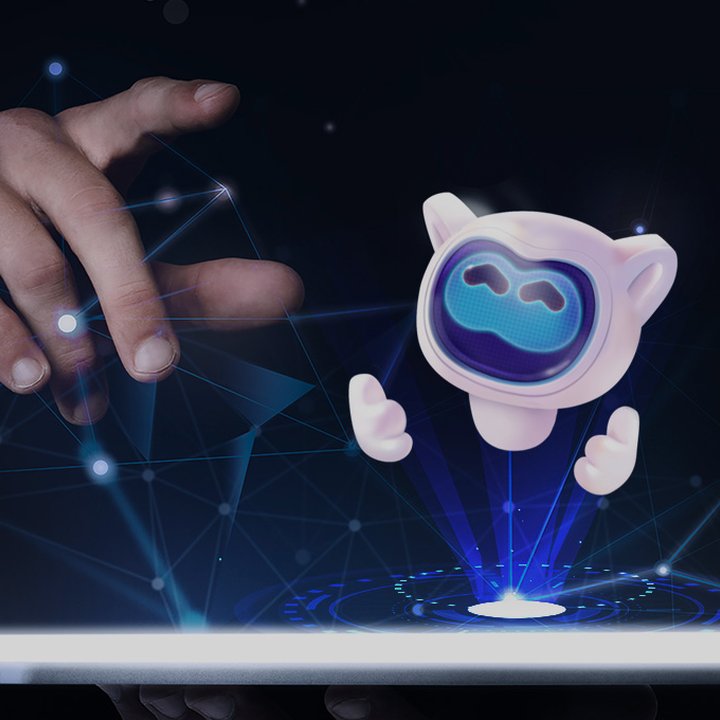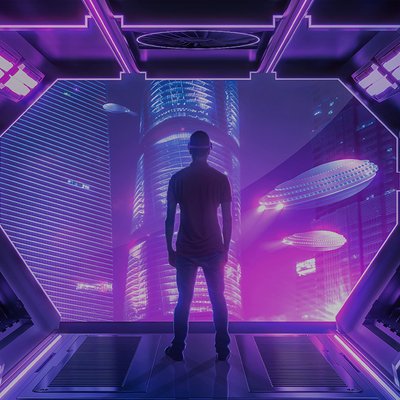The uniqueness of Langly
Be the leading character not only in the game but also in your life. Make wise decisions while enjoying your time in an intelligent and exciting manner.
Jan. 13, 2023

Education can be one of the most promising projects in the future metaverses. Scenarios that can take interaction between teachers and students to a new level are already clear.
Educational material
Thanks to the technologies of augmented and virtual realities, it is already possible to get knowledge through the "immersion effect." For example, walking through medieval Paris or traveling through the solar system.
In the future, there will be simulators that will help to study the structure of the body, the principles of operation of devices and systems, to conduct chemical experiments without harming a person's health. Engineers and architects will test their calculations on realistic copies of buildings, and managers will simulate the consequences of their management decisions.
Gamification
Turning the learning process into a game is interesting for everyone, regardless of their age. Therefore, modern educational projects pay much attention to user scenarios, interface development, and product mechanics. No fewer resources are invested in creating a motivational system for participants. In the metaverses, learning will turn into a real-time strategic game with an immersive effect, which students will literally "pass" level by level.
The developers of Langly did not want to wait for the future and have already created an example of such a game. Our users are already learning English in the form of a game, and spend their leisure time productively.

Distance learning
Most modern products for working together in a digital environment have not yet been adapted to the increased volume of user queries, nor do they take into account the specifics of working with a large audience. Teachers find it increasingly difficult to keep their listeners' attention through monitors, and online lecturers do not compensate for the necessary practice in real life.
In the metaverse, the listeners, through their avatars, will attend the lessons in person. They will be able to study not only theory but also work with realistic digital models. It is expected that the technology of mutual integration of the two worlds will provide better comprehation of material and will also increase the accessibility and inclusiveness of education.
Outcome evaluation
The basis of the metaverse is founded on distributed registry technology, notably the blockchain. Three principles—decentralization, transparency, and permanence—ensure an unbiased evaluation of the test or examination response. Teachers will only be able to consider formal results, excluding the influence of personal relationships with students.
This will help to keep the motivation of all participants in the educational process as diplomas in the metaverses are unlikely to be faked.